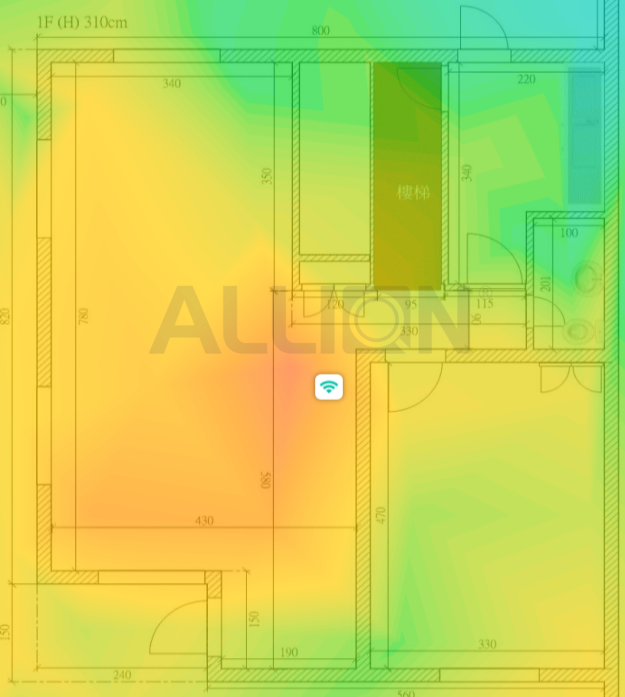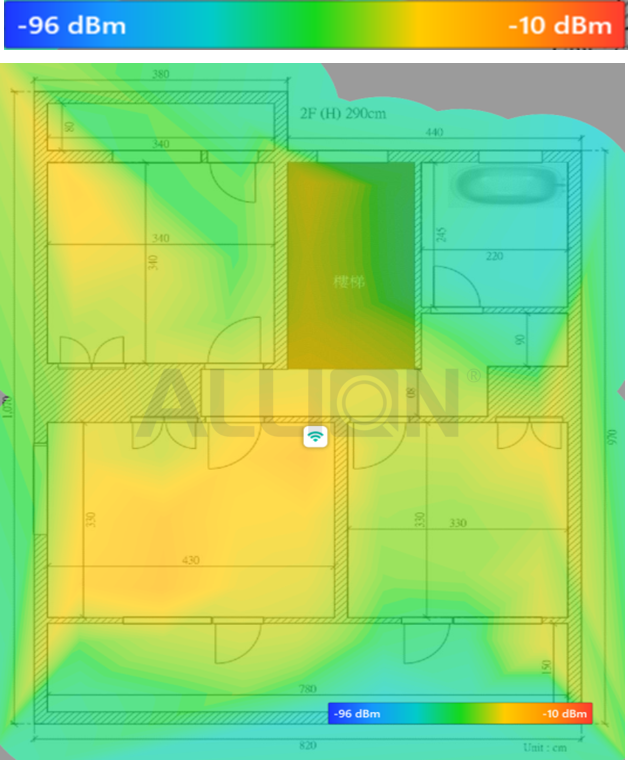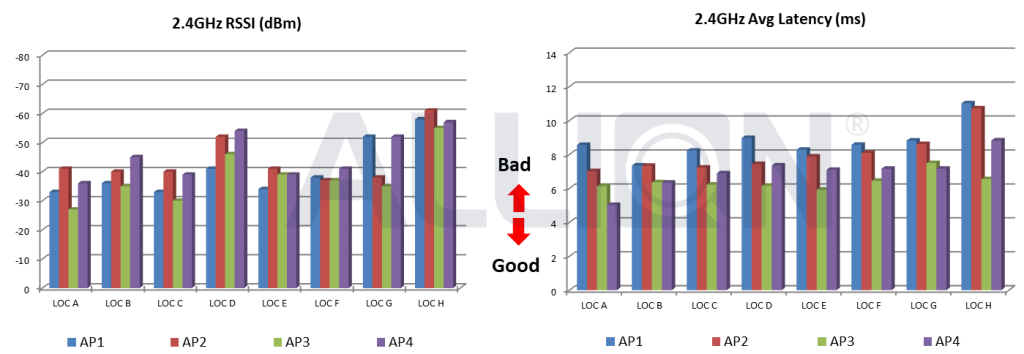With the rapid advancement of wireless technologies, the wireless router market has grown significantly. Modern consumers often rely on performance data measured in interference-free lab environments when purchasing a wireless router (Wi-Fi AP). However, these controlled RF isolation test results may not reflect real-world usage scenarios. This discrepancy leads to complaints from consumers who find that their purchased router’s performance does not match the advertised data. In real-life applications, users often encounter issues such as unstable Wi-Fi signals, slower-than-expected speeds, or overheating devices.
Are Lab Data Enough? Challenges Faced by Wireless Router ODMs
A well-known Taiwanese wireless router (Wi-Fi AP) ODM supplier was required by their international buyer to provide not only lab-measured data but also performance results from real-world scenarios. However, the ODM supplier, despite having a lab environment, lacked the means to simulate real-life usage scenarios. The challenges included:
Environmental Interference
The increasing number of wireless devices in modern households causes signal interference, affecting stability.
Unrealistic Lab Data
Many advertised performance figures cannot be replicated in typical home environments, leading to consumer misconceptions about performance.
Performance Instability Over Time
Some routers experience performance drops after hours of use due to overheating or heavy loads.
Without an appropriate test environment, the ODM supplier could not produce reports meeting their buyer’s demands

A Leading Industry Solution — Allion Labs’ Smart Home Testing House
The ODM supplier approached Allion Labs for certification services. After understanding the client’s needs, the Allion Labs networking consulting team introduced them to the Allion Smart Home Testing House. This facility allows for real-life scenario testing of products, covering the following validation metrics:
A. Coverage(Heatmap)
Wi-Fi coverage is a critical factor when selecting a wireless router. A heatmap visualizes wireless signal distribution, providing users with a clear understanding of signal strength across different areas.
B. Signal Strength and Latency (RSSI and Latency)
- Signal Strength (RSSI): RSSI indicates the power level of received Wi-Fi signals, which weakens with distance or obstructions.
- Latency: This measures the time taken for data transmission across the network. Represented in milliseconds (ms), lower values indicate smoother performance.
C. Transmission Performance (Throughput)
With the increasing number of wireless devices, signal interference can compromise connection stability and performance. To evaluate throughput, the product is tested in different scenarios, including environments without interference, with interference, and with interference combined with network congestion.
D. Stress Test
Many users report that routers become unstable or even crash due to overheating after extended use. Stress tests simulate long-term usage under specific data loads to assess whether the router maintains stable performance.
Reference:Smart Home Engineering Testing Services | Allion Labs
Maximizing Value with Accurate Performance Evaluation
After testing, Allion Labs provided the ODM supplier with detailed reports. For example:
A. Heatmap: Signal strength is color-coded: red indicates strong signals, while blue represents weaker signals

1F – 2.4GHz

2F – 2.4GHz
B. RSSI & Latency
- AP1: Although AP1 had the strongest signal strength (dBm) at Location E, it exhibited the highest latency (ms).
- AP3: AP3’s signal strength was average among the four routers tested, but it delivered the best overall latency performance

By acting as an impartial third-party lab, Allion Labs delivered practical and accurate reports that helped the ODM supplier secure orders from their buyers.
Time to Market with Quality! Allion Labs’ Wireless Performance Validation and Consulting Services
Through real-world validation services, clients gain a clearer understanding of their products’ performance in practical environments, enabling improvements based on test data. The key benefits offered by Allion Labs include:
Enhancing Product Competitiveness
- Consumers rely on real-world data to select routers, ensuring they choose the right product for their needs while reducing returns and complaints.
Reducing Complaints and Return Rates
- By identifying potential issues through tests like coverage, signal strength, throughput, and stress testing, manufacturers can address problems early.
Boosting Brand Reputation
- Stable and reliable performance improves customer satisfaction, increases repeat purchases, and strengthens brand loyalty.
This case study highlights how Allion Labs’ real-life validation services not only resolve common user pain points but also help manufacturers better understand their products’ actual performance. This dual benefit of improving product quality and customer satisfaction achieves a true win-win outcome.


































